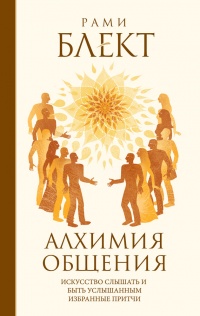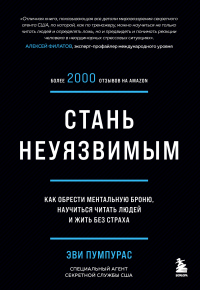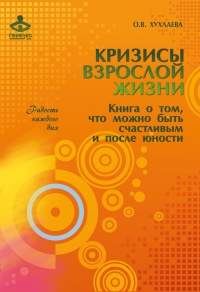Книга Состояния отрицания: сосуществование с зверствами и страданиями - Стэнли Коэн
На нашем литературном портале можно бесплатно читать книгу Состояния отрицания: сосуществование с зверствами и страданиями - Стэнли Коэн полная версия. Жанр: Политика / Психология. Онлайн библиотека дает возможность прочитать весь текст произведения на мобильном телефоне или десктопе даже без регистрации и СМС подтверждения на нашем сайте онлайн книг knizki.com.
Шрифт:
-
+
Интервал:
-
+
Закладка:
Сделать
Перейти на страницу:
Перейти на страницу:
Внимание!
Сайт сохраняет куки вашего браузера. Вы сможете в любой момент сделать закладку и продолжить прочтение книги «Состояния отрицания: сосуществование с зверствами и страданиями - Стэнли Коэн», после закрытия браузера.
Книги схожие с книгой «Состояния отрицания: сосуществование с зверствами и страданиями - Стэнли Коэн» от автора - Стэнли Коэн:
Комментарии и отзывы (0) к книге "Состояния отрицания: сосуществование с зверствами и страданиями - Стэнли Коэн"
























